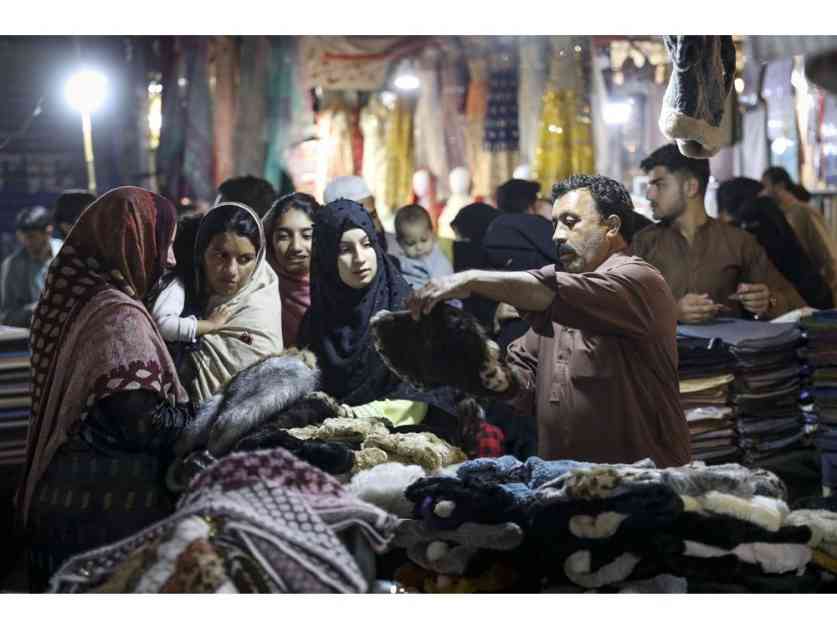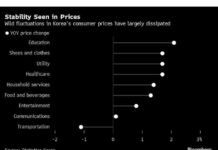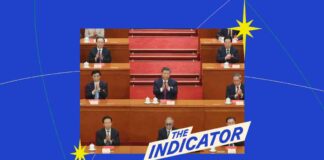Pakistan’s government has announced that there will be no additional taxes imposed in the current fiscal year. The Finance Minister, Muhammad Aurangzeb, expressed confidence in meeting the tax revenue target of 13 trillion rupees ($47 billion) for the financial year ending in June without the need for further tax increases. This decision comes as the government aims to adhere strictly to current policies to achieve its revenue goals.
In a televised address, Finance Minister Aurangzeb emphasized the importance of compliance and enforcement to ensure that the revenue target is met. The government is taking steps to increase revenue from under-taxed sectors like retail and agriculture while also considering reforms in taxation, energy, and state-owned enterprises sectors. Prime Minister Shehbaz Sharif’s government has faced criticism for raising taxes and energy costs to meet the conditions of an International Monetary Fund (IMF) loan package.
The IMF recently completed talks in Pakistan, highlighting the importance of maintaining prudent fiscal and monetary policies and leveraging untapped tax bases to boost revenue. Pakistan is expected to undergo an initial performance review under the $7 billion IMF loan program in the first quarter of 2025. During the discussions with the IMF team, Pakistani officials outlined the government’s reform roadmap, including plans for privatization and public financing to reduce the financial burden on the economy.
Prime Minister Sharif has committed to enhancing revenue generation from key sectors and restructuring or divesting unprofitable state-owned entities. The ongoing dialogue with the IMF aims to build trust and credibility while working towards sustainable economic reforms. The government’s focus on revenue mobilization and fiscal discipline reflects its dedication to meeting financial targets without burdening taxpayers with additional levies.
Overall, Pakistan’s decision not to impose further taxes in the current fiscal year signals a commitment to responsible fiscal management and economic stability. By prioritizing revenue enhancement from existing sources and implementing targeted reforms, the government aims to meet its financial objectives while fostering sustainable growth and development in the country.






















